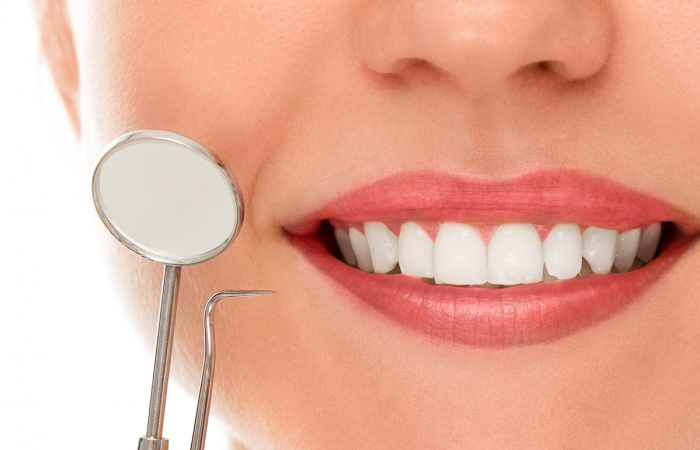Nerve Repositioning

Nerve Repositioning and Lateralization in Dental Implantology
Dental implantology has revolutionized the way we restore missing teeth, offering a long-lasting and natural-looking solution. However, not all patients are eligible for this treatment due to the complexities involved in some cases. Courthouse Dental & Implants in Marlow is one of the few specialist dental implant centres to offer nerve repositioning and lateralization as specialized procedures that can expand the pool of candidates for dental implants.
What is Nerve Repositioning and Lateralization?
Nerve repositioning and lateralization are surgical techniques used in dental implantology to make implant placement possible in areas where the inferior alveolar nerve (IAN) or mental nerve might obstruct it. These nerves supply sensation to the lower lip, chin, and teeth. By repositioning or lateralizing the nerve, space is created for implant placement without compromising sensation.
Who Might Need Nerve Repositioning or Lateralization?
Patients who have insufficient bone volume in their lower jaw, especially in the posterior region, often require these procedures. Such patients may have lost teeth a long time ago, leading to bone resorption. Nerve repositioning or lateralization can enable implant placement by creating a suitable environment for osseointegration.
Are There Any Risks Associated with Nerve Repositioning?
Like any surgical procedure, there are risks involved. The primary concern is potential nerve damage leading to temporary or, in rare cases, permanent sensory disturbances. However, with advancements in technology and the skills of specialized implantologists, these risks have significantly decreased.
Recovery Process after Nerve Repositioning
Recovery times can vary depending on the complexity of the procedure and the individual’s healing capabilities. Generally, it can take a few days to a few weeks for the initial healing, with complete recovery and osseointegration taking several months.
Dietary Considerations after Surgery
In the immediate post-operative period, a soft diet is recommended to prevent any disruption to the surgical site. As healing progresses, you can gradually transition back to your regular diet.
Success Rate and Pain Management
When performed by experienced specialists, the success rate for these procedures is high. Implants placed in repositioned or lateralized areas can integrate successfully, providing stable and functional teeth for many years. Local anesthesia is administered during surgery to minimize pain, and post-surgery discomfort can be managed with prescribed pain medications.
Alternatives to Consider
For patients who are not suitable candidates for nerve repositioning or lateralization, alternative treatments such as zygomatic implants or the use of shorter implants in combination with bone grafting techniques may be considered. However, the choice of treatment depends on individual cases and requires a thorough evaluation by your dentist.
nerve repositioning dental nerve surgery implant nerve protection neuro reposition zirvedent clinic turkey oral surgery nerve

